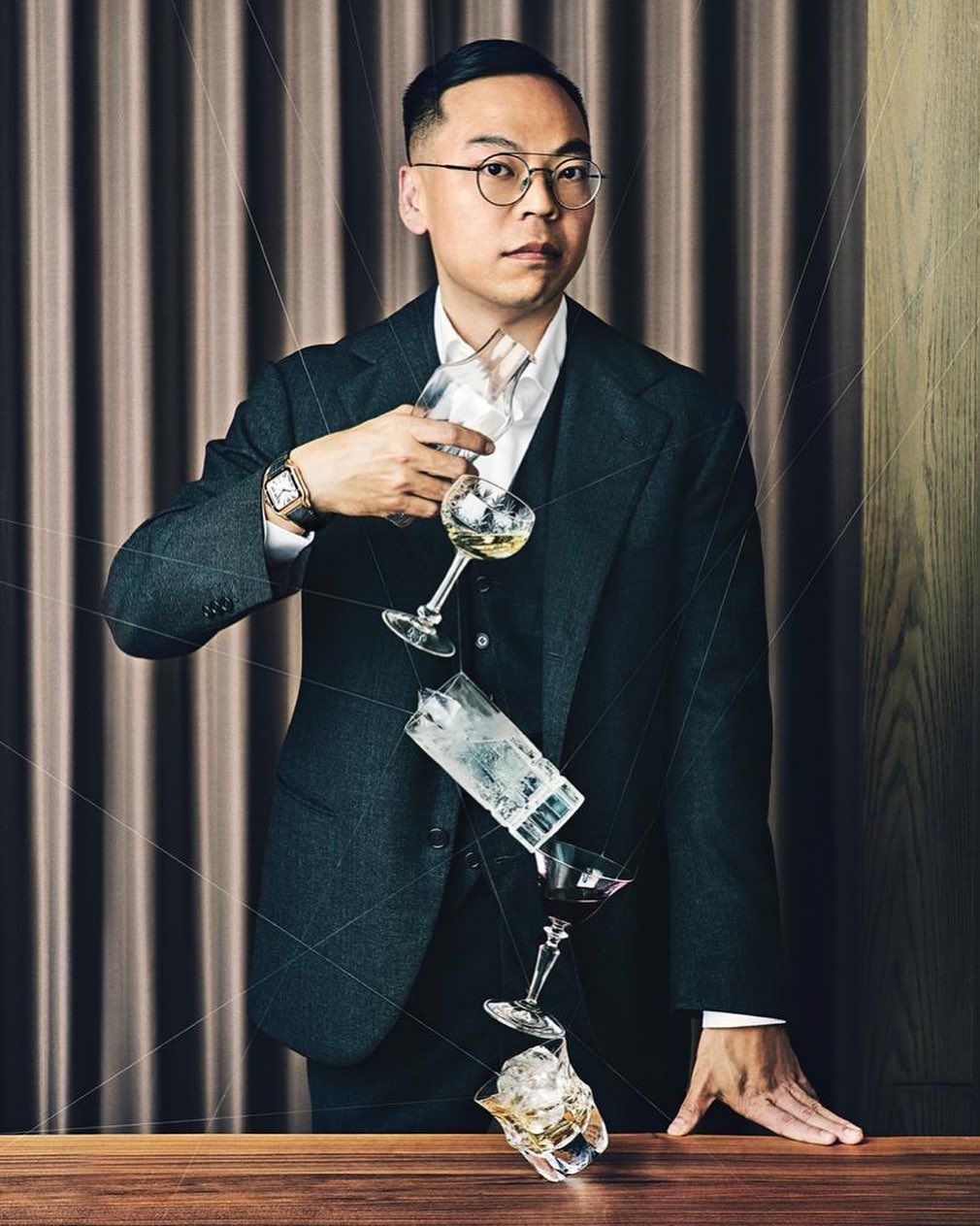In this edition of Tatler’s Secrets of Success series—the all-access pass to the city’s most notable business magnates and entrepreneurs—entrepreneur Alan Lo spills the beans on what it means to be successful and why his wife, Yenn Wong, is his biggest mentor
Man-about-town Alan Lo has his hands in many pies. Through the Classified Group, Lo played a major role in introducing high-end casual western dining to Hong Kong. The son of Gold Peak tycoon Victor Lo, Lo is married to fellow hospitality entrepreneur Yenn Wong of Jia Group. He also serves as a senior advisor to Jia, responsible for the group’s food technology investment portfolio. Throughout the course of his career, he has conceptualised countless food industry brands, including Michelin-starred Duddell’s, Ando and Louise.
The father-of-three is a keen art collector, and serves on a wide range of art and culture non-profits and museum committees, including Design Trust, of which he was former chairman, Para Site, Tate Asia Pacific Acquisition Committee and Serpentine Galleries.
He has also been a member of Hong Kong Arts Development Council, the Liquor Licensing Board, Harbourfront Commission, Business Facilitation Advisory Committee and Hong Kong General Chamber of Commerce F&B Working Group. Though he holds a bachelor’s degree in architecture from Princeton University, the food industry and the arts are where his heart lies. “I was in Princeton and was spending weekends in New York–seeing the food scene there was a real eye opener,” he says.
Read all about Lo’s secrets of success below:
Describe what you do in one sentence.
I’m a restaurateur and food technology investor.
How does your business make a difference?
We provide capital and in-depth food and beverage industry knowledge to chefs and founders, as well as introduce potential customers to the Asian market.
What do you put your success down to?
Financial success is one thing, but being able to bring good food to the table while trying to help solve the ongoing sustainability crisis and change the future of the global food supply is a whole other thing. By speaking to start-up founders and investing in their ongoing effort to bring innovation to the food space, [our company] adds a lot of strategic value to their development, especially in Asia.
What are the top three ingredients for a successful business?
A unique proposition, a large addressable market and passionate founders.
Do you have any mentors? If so, who are they and what is the best piece of advice they have given you?
My wife, Yenn [Wong], has been a great mentor to me throughout my career. I tend to get carried away with the excitement of a new business idea but she reminds me to be pragmatic and take calculated risks instead of being so reckless.
